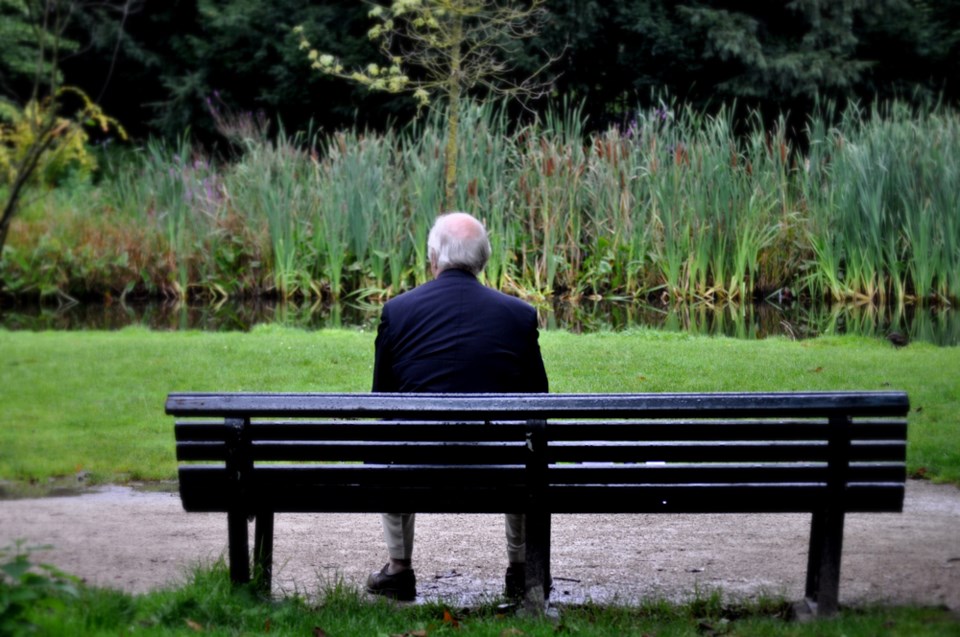We would see improvements in mental and physical health, education outcomes, and social stability, as well as declines in substance abuse, homelessness, depression, suicide, and crime by doing just one thing.
Reduce loneliness.
There are now decades of peer-reviewed studies and stacks of books to show the devastating effects of loneliness on individuals and societies, combined with extensive research demonstrating health and happiness is directly connected to a broad, diverse network of friends and family.
Further investigations have found that socially connected people with unhealthy lifestyles (smoking, moderate alcohol consumption, obesity, lack of exercise) often take fewer sick days, see their doctor less often and are discharged sooner after hospitalization than healthier, more physically active individuals living solitary lives.
Yet, in the most tragic of ironies, loneliness is still seen as a personal matter, a self-inflicted wound, a “your problem, not mine” issue, even though it’s a huge drain on every aspect of the economy and needlessly consumes vast amounts of tax dollars to deal with the repercussions.
History and science have unmasked the illusion of the individual so many times, but the myth of personal accomplishment and solitary success lives on. The CEOs and the star athletes and entertainers pull in the big bucks, even though their achievements are impossible without the essential but undervalued contributions of their colleagues and teammates.
Step back even further and one undeniable fact is clear: every human being that has ever lived is utterly dependent on others for their survival, from their first breath to their last.
Individual space, personal property and privacy are held up as essential human rights, even when they cause more harm than good.
Suicides and overdoses happen most often when people are alone, so what’s the trendy response to shelter our most vulnerable citizens? Tiny homes.
Seniors aging in place alone with home support is marketed as a more dignified alternative than group living in even the most affluent seniors care facility. Yet the evidence shows that seniors are still better off living amongst strangers than they are living alone, even with the heightened risk of falling ill to rapidly spreading infections.
Social media, gaming, and other forms of online interaction are anti-social traps, tapping into deep-seeded fears of missing out and a bottomless pit of false hopes and empty promises. Joy and meaning and connection aren’t inside a smartphone; they’re found when we put the artificial technology away and tap into the hyper-social evolutionary hardwiring inside our own brains.
Misery loves company, they say, but that’s because company is the only way out of misery.
Neil Godbout is the editor of the Prince George Citizen.



